If you had problems teaching the 6 pillars of emaan, or wondering how you can make it a fun yet spiritually transformative experience for your learners… this unit series is for you!
Today, I’m sharing with you all the resources I created for teaching belief in the books, with explanations on the how’s and why’s of each activity.
I know teaching Islamic theology is not easy when it comes to teaching kids or teens. Often times its a boring episode of teachers talking AT students with very little opportunities for students to act on the knowledge.
Our job is to nurture and inspire righteous action in our children. I design my lessons with that in mind. How can they use this knowledge practically? My resources will make that possible. I’ve linked them all below for free.
But please, keep reading! I don’t want you to just download and print. I want to prepare you for an awesome lesson. When you’re excited and intentional about the lesson…. trust me… it will reflect on your students.
Why this lesson?
Believing in the Books is the 3rd pillar of Emaan. This is a really interesting topic to teach young Muslim learners, as well as new Muslims.
In this lesson, students learn that Allaah is the same Lord referred to in the Gospel and the Taurah. He, subhanaahu wa ta’ala, did not only reveal the Quran to humankind 1400 years ago, but revealed 4 other divine books before that.
The call to tawheed is an ancient one, and Allah, out of His mercy and justice, has always sent prophets and messengers to different nations to call them to guidance.
From all those prophet and messengers, only 5 messengers received a holy book. They are Prophets Ibrahim, Dawood, Moosa, Isaa, and Muhammad, salawatullahi wa salaamahu ‘alayhi.
The books they received were Suhuf Ibrahim, Az-Zaboor, At-Tawraa, Al-Injeel, and Al-Quran, respectively.
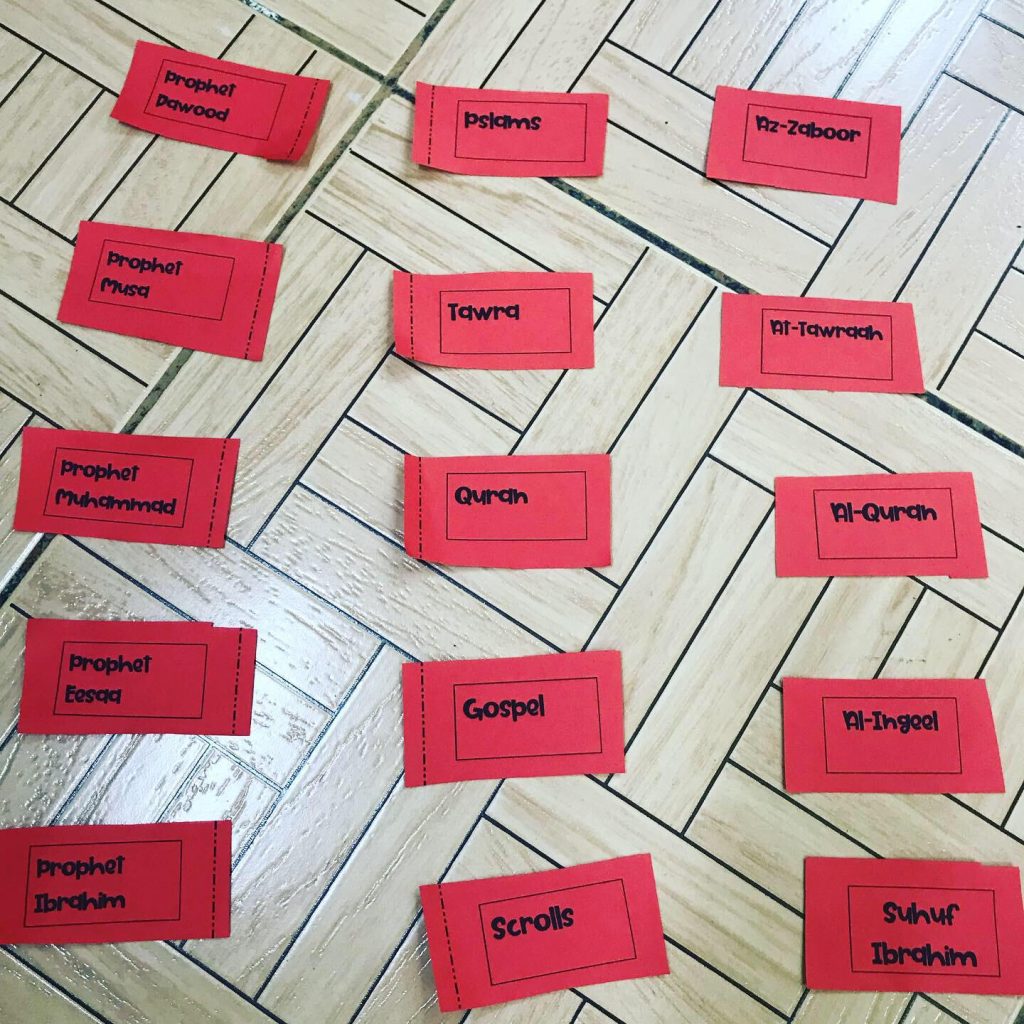
This lesson introduces the books and their prophets. It also explains what happened to those books over the years and why the Quran is our Holy book and main source of guidance. We also spend sometime learning about the Quran and building a connection with it. I’ve provided tons of resources below.
Learning about the books helps us glorify Allaah more as we grow to appreciate that He is truly the King and sole sovereign of mankind. Allaah is not a unique God for the Muslims but is the Lord of all that exists. And the proof is in these historical books.
Previous Lessons in this Unit
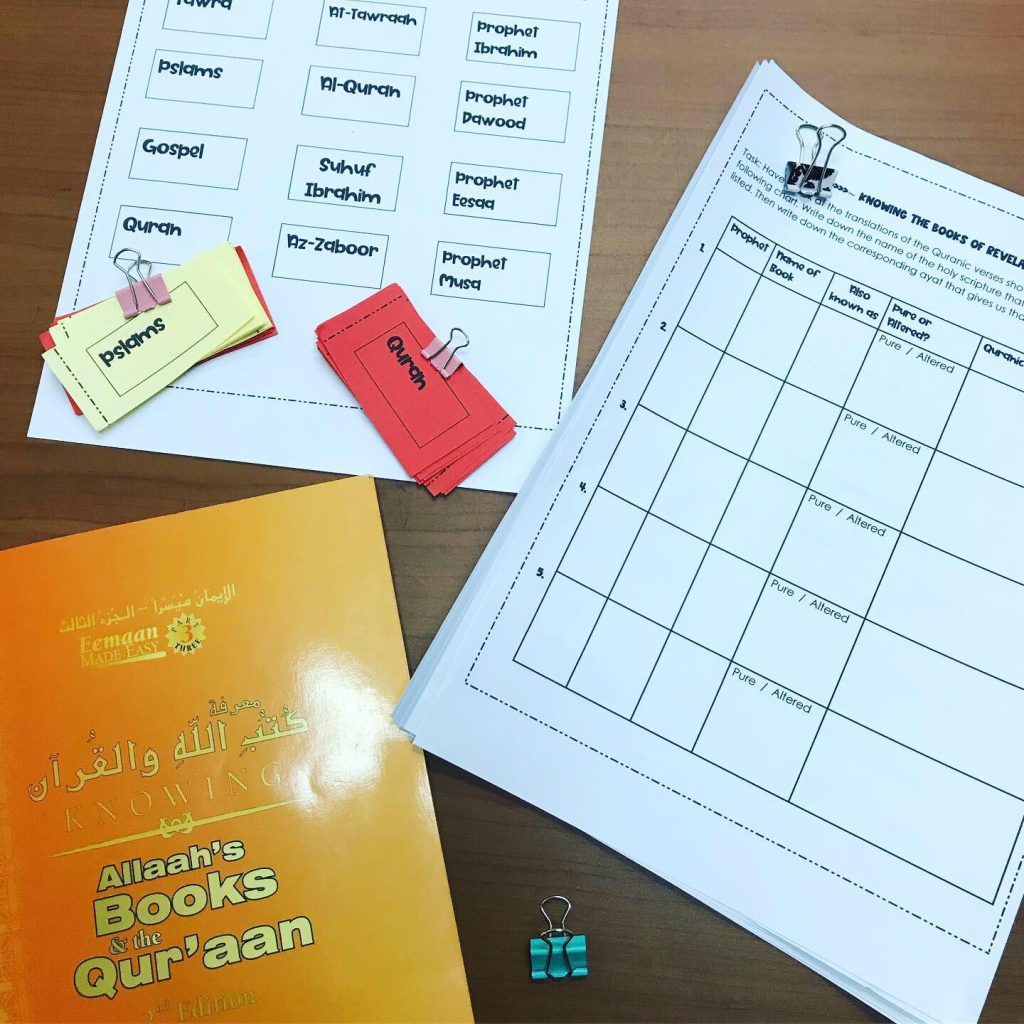
Belief in the Books is Lesson 4 in our unit: The Six Pillars of Emaan.
- Lesson 1 – What is Emaan
- Lesson 2 – Belief in Allah
- Lesson 3 – Belief in the Angels
- Lesson 4 – Belief in the Books
- Lesson 5 – Belief in the Messengers
- Lesson 6 – Belief in the Last Day
- Lesson 7 – Belief in the Divine Decree
- Lesson 8 – Cumulative Project
Forgive me, I did not prepare resources for the first pillar of emaan- Belief in Allaah. I didn’t teach that particular class, my substitute did. If I get around to preparing something, I’ll definitely share it, inshaa Allah.
For each post in the series, I’ll give a brief overview of the topic and how I taught it, so that you can teach it too. I will share any worksheets I created for each lesson with you as well, inshaallaah.
Follow me on Instagram, Facebook, and You Tube where I offer more tips about all things teaching related.
Lesson Overview
Unit: The Six Pillars of Emaan
Lesson: Belief in the Books
Grades: 5+
Topics Covered:
> Names of divine books and prophets they were sent to
> Characteristics of and what is conveyed in the holy books
> Qualities & characteristics of the Quran, & reflecting over it
The Strategy
In my lessons, I like to expose students to the Quran as much as possible. I design the activities in a way that allows them to interact with the Quran and the mushaf. So, you’ll see a lot of Quranic references and tasks that ask students to find verses related to the topic.
I want them to learn to use the Quran as a their main source of evidence for our beliefs. I also want them to appreciate that the Quran is a true manual of life, and therefore we should regularly read through it for answers.
How long is the lesson?
This is a week long lesson, or about 5-7 hours.
Ok, this lesson is more like a unit in itself. So many great activities that all build on each other. There’s an opportunity to go deeper in one topic, or to finish off with an assessment or project.
The Resources
Below are links for all the resources. Click on the hyperlinks to download the worksheets.
- Sample Images of some Holy Books –> To start the class off, I placed images of the holy books around the classroom, and asked students to go around and have a look. This was just a warm up activity to get them to start thinking about divine texts.
2. Who Received This Book? –> I cut up all the boxes, and gave each group a set. Then I made them race to match the prophet’s names to the scripture he received, the Arabic and English titles.
This stage of my lesson plan is the eliciting stage. They still did not learn the information, but are trying to figure it out by guessing or using background knowledge. The team that gets them all right wins. Your job is to only point out that something is incorrect, but don’t tell them what. You can remove the pieces that are wrong to give them a hint.
The purpose of this is to prepare their minds to learn the information of the lesson. They’ll remember the answers better. Plus they had lots of fun doing it.
Pro tip: Print this sheet on a different colour for each group. It makes cutting and sorting so much easier. Put each set in a plastic bag, or paper clip it.
3. What Was Revealed in the Books of Revelation –> This is the instructional phase of the lesson. You teach them about the previous scriptures, their characteristics, the purpose, and what our relationship with them is. How do we believe in the previous books?
4. Knowing the Books of Revelation –> My intention for this activity is for students to learn to use the Quran as a proof for our beliefs. To make this task simple, I prepared the relevant verses (included). They just had to read them and find the answers in the translation.
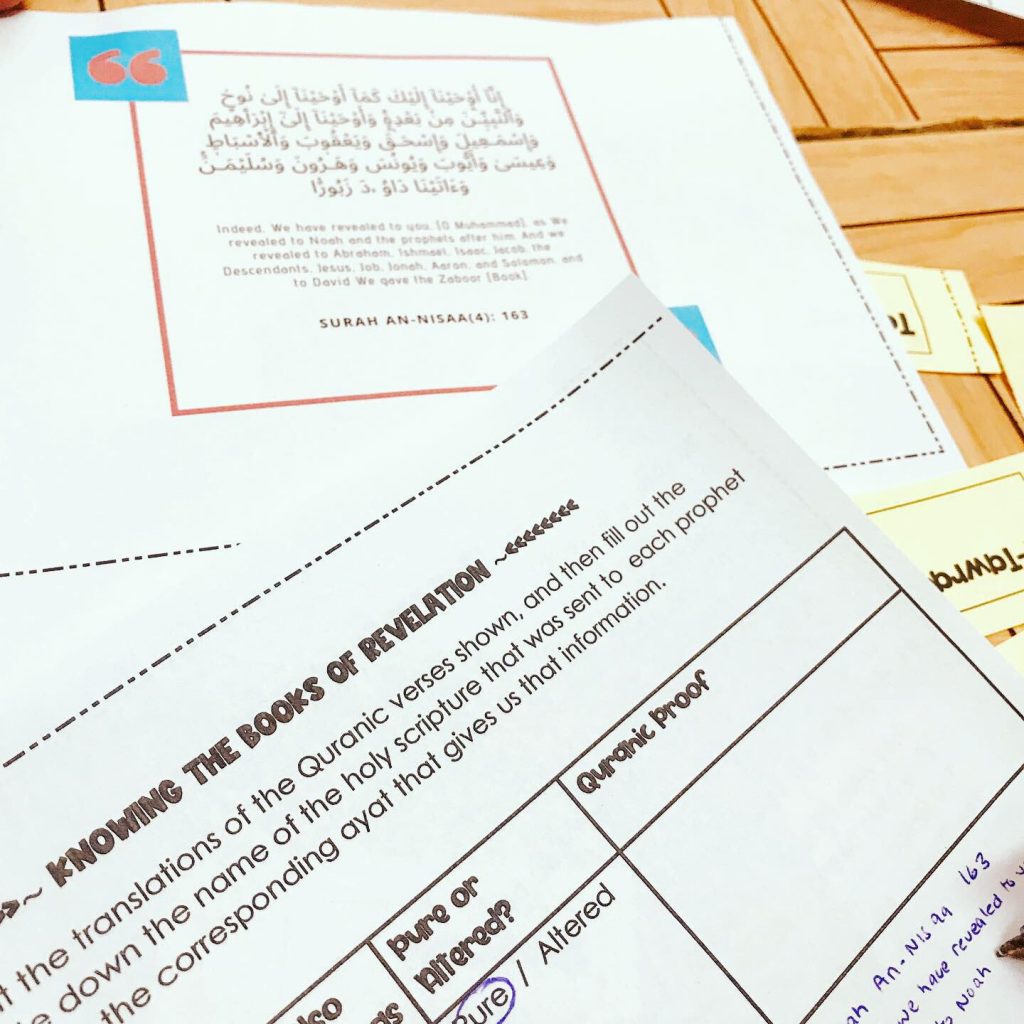
Cut out and give each group a set of the verses. Then have them complete the chart in the worksheet “Knowing the Books of Revelation“.
5. Quran Scavenger Hunt –> In this activity, I give the relevant verse, but they have to search it in the mushaf or in an English translation of the Quran. So the idea is to open and flip through, and learn to use the index and table of contents to find the verse.
To end the lesson or to go deeper?
The activity above can also be used as an assessment as it brings all the details together. You can end the unit here even. Or you can assign a research project or presentation on one book, its prophet, and the people it was revealed to.
You can also go deeper by exploring the historical period of one of the books, or learning about that prophet, or on of the Abrahamic religions in the modern era vs the time of its revelation. There are many great cross curricular opportunities for this topic.
I took it a step further
I didn’t end the lesson here. I wanted to take the opportunity to spend some time teaching about the Quran specifically and building their connection to it.
So we did the following tasks:
6. About the Quran –> I taught them about the Quran, it’s uniqueness and it’s qualities. Most importantly, I discussed how we are to use and interact with the Quran in our lives.
I did not really talk a lot about the different names of the Quran, but if you can, please do. I didn’t want to overwhelm them so I stuck with the points mentioned in the worksheet.
7. Quran Journaling template –> Now for the fun stuff! I realized that my students did not know how to ponder over a verse, or how to extract benefit from it. If I asked them to select an ayah, they wouldn’t know what to look for and why. So this Quran journal template helped them through the process.
I showed them samples of some quran journals from online, and provided them with colours and materials to create their own. This can also be used as an assessment.
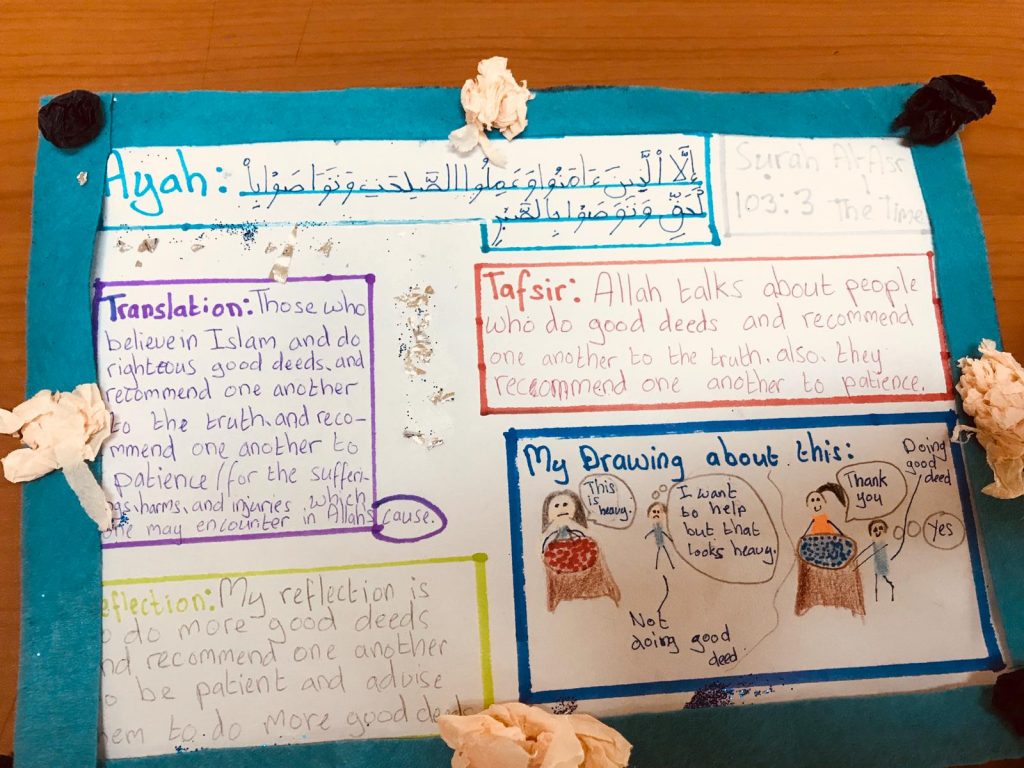
To Conclude…
Teaching Islam should not be all theoretical. As teachers, our jobs is not to just give information, but it’s to inspire righteous actions. It’s to change behaviour for the better. So ending off this unit with Quran journaling was a great way to achieve my goal – to believe in and take the Quran as a guide in our lives.
Let’s grow together
If you have any questions, just let me know here in the comments section and I’ll be happy to answer.
Follow me on Instagram, Facebook, and You Tube for more teaching tips and motivation.
The goal is to help you be more intentional and effective in your teaching and lesson planning, inshallah.
Actually, you’ll get more value from me if you’re on my email list, so opt-in below to join hundreds of other educators like you, and get first access to everything I produce like they do.
If you would like to share how you taught this lesson or used the resource, or anything else…. we’d all love to hear about it!! Download, print, and share, then tag us @makkahcentriceducation!

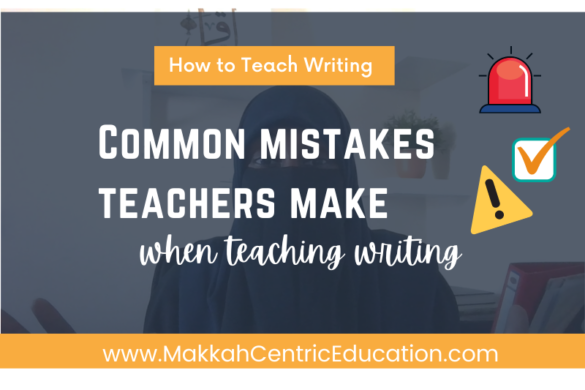
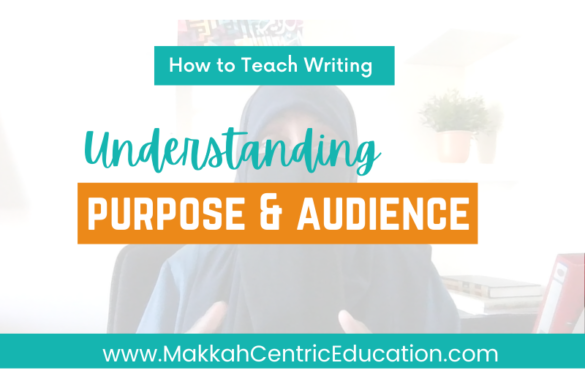
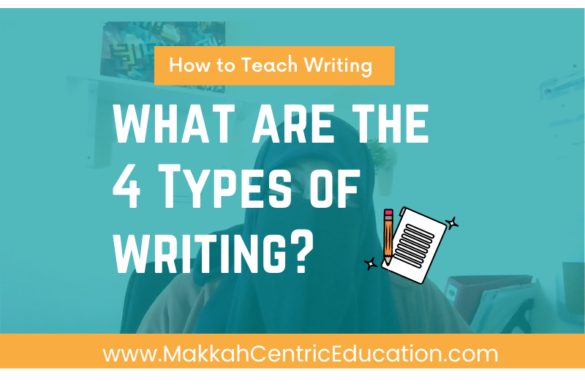
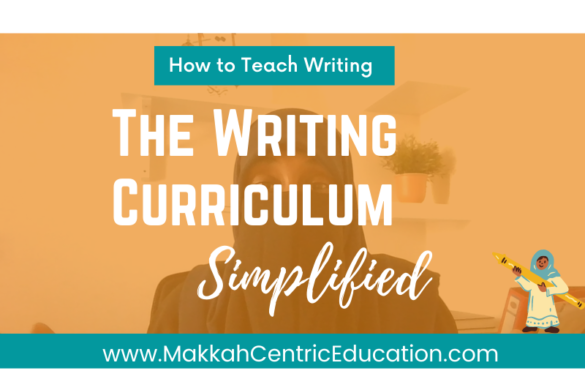
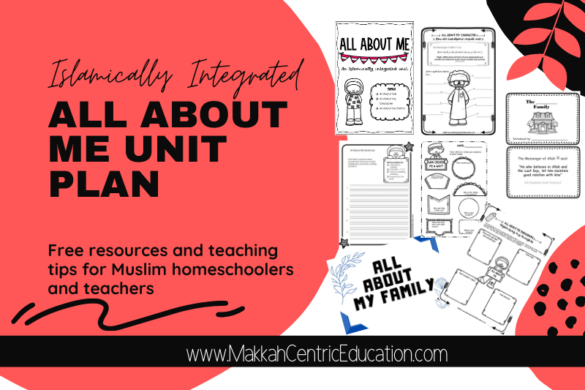
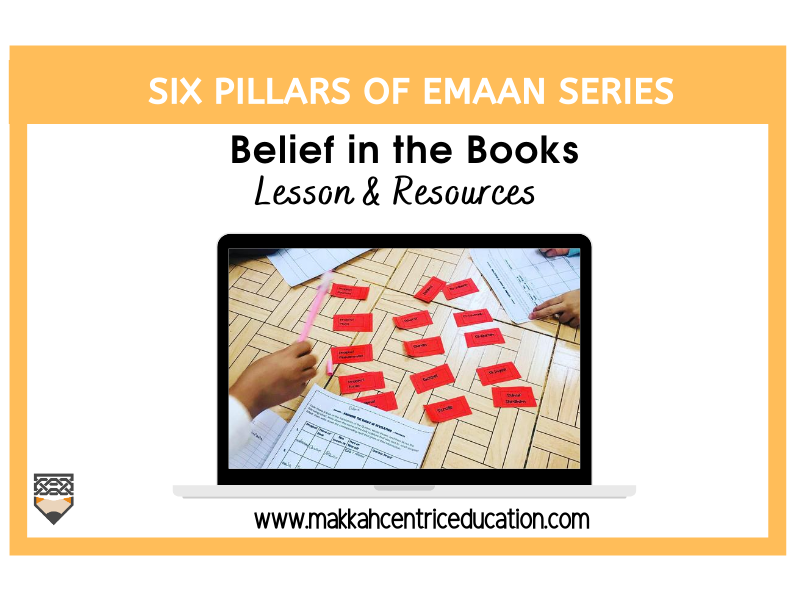
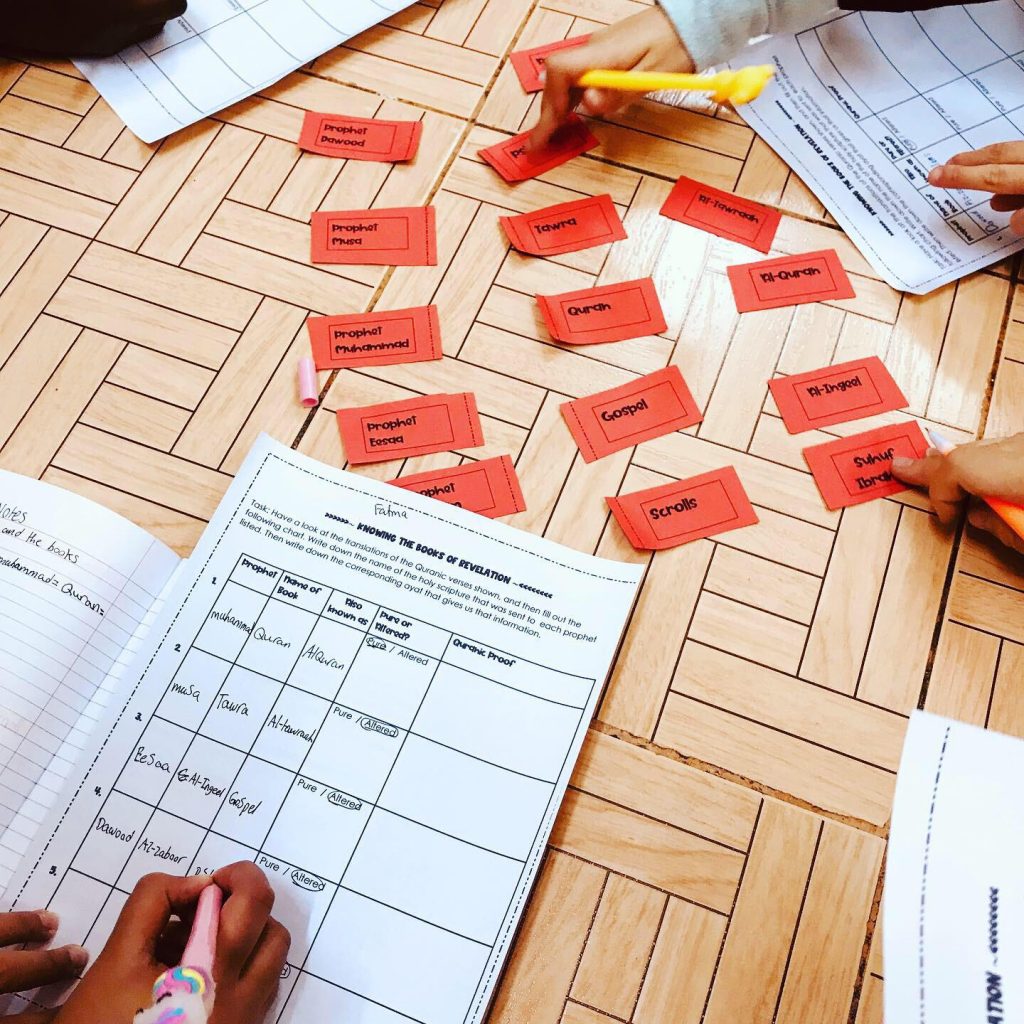
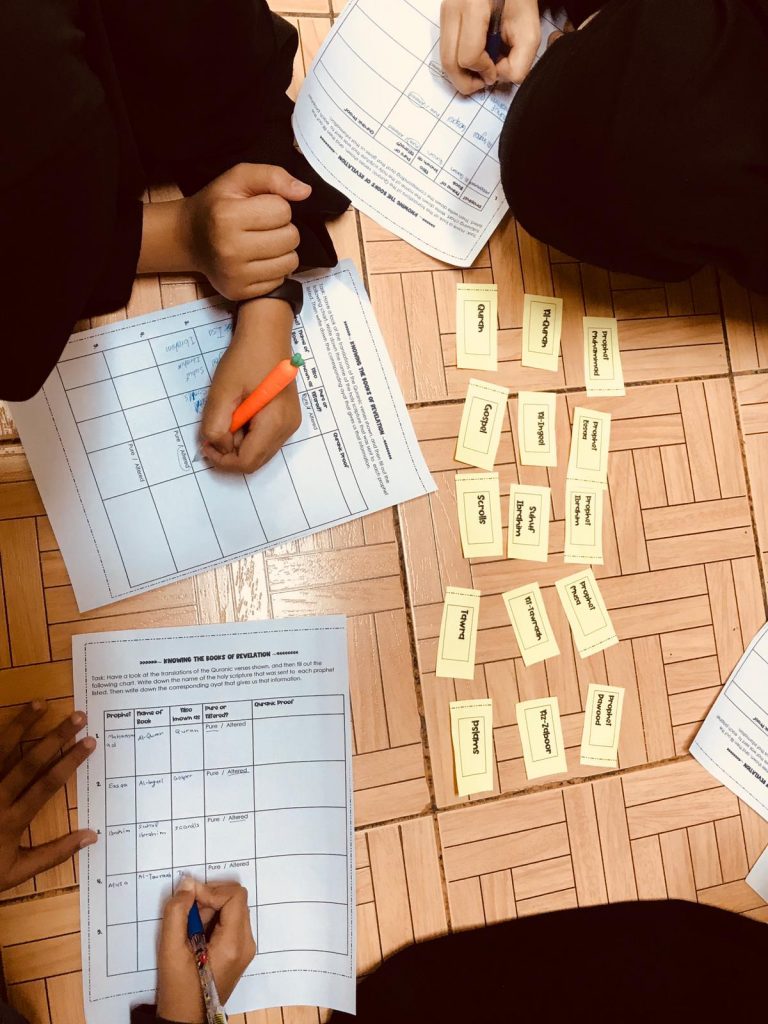
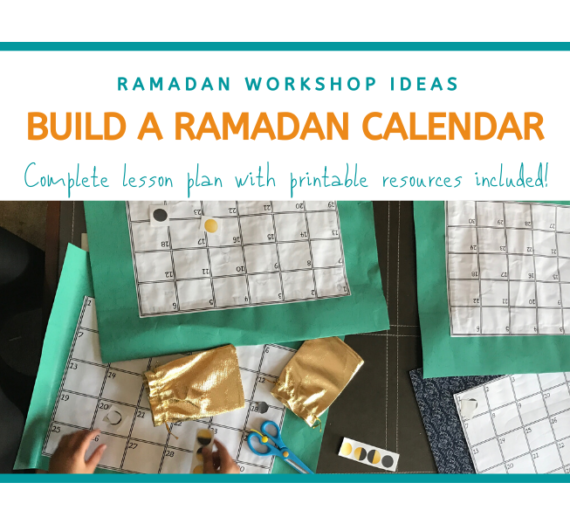
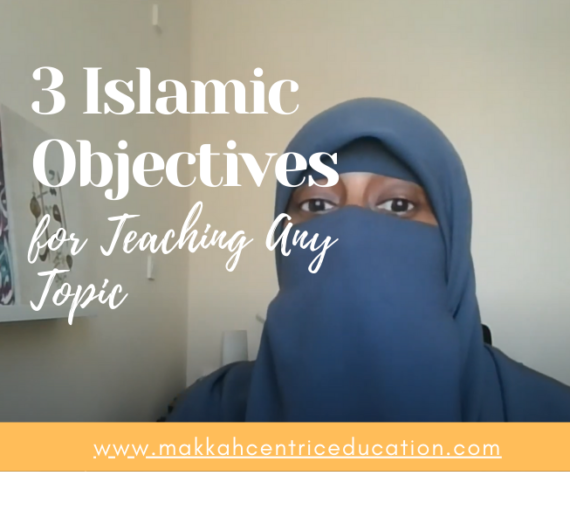
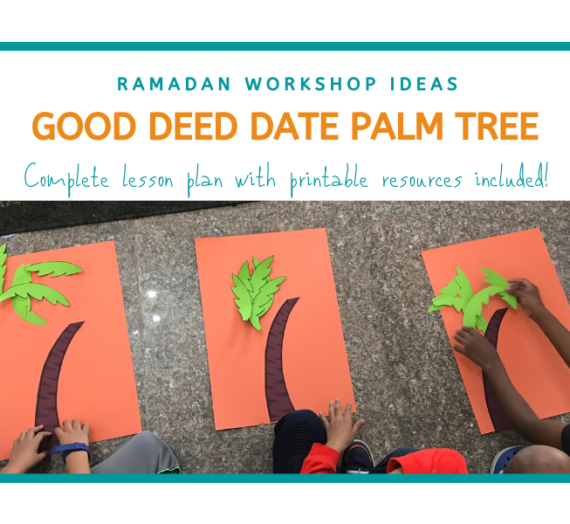
Salam everyone,
I’d love to know how you found this lesson. Will you use it? What changes would you make if any?
[…] Lesson 4 – Belief in the Books […]
Waiting patiently for you to come home and fuck me! https://bit.ly/3UIKI2R
Waiting patiently for you to come home and fuck me! https://bit.ly/3UIKI2R
Waiting patiently for you to come home and fuck me! https://bit.ly/3UKFVxa
Waiting patiently for you to come home and fuck me! https://bit.ly/3UKFVxa